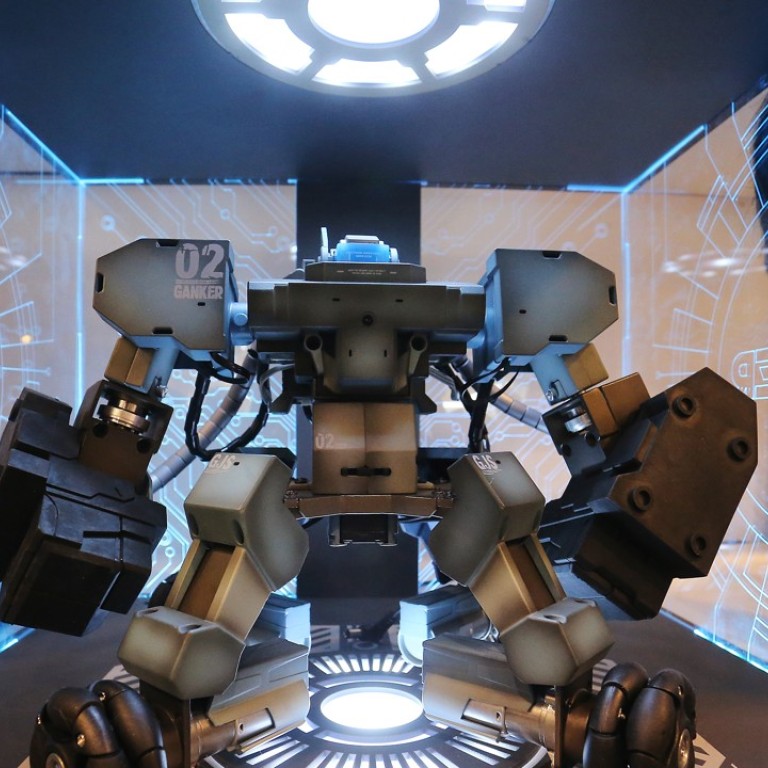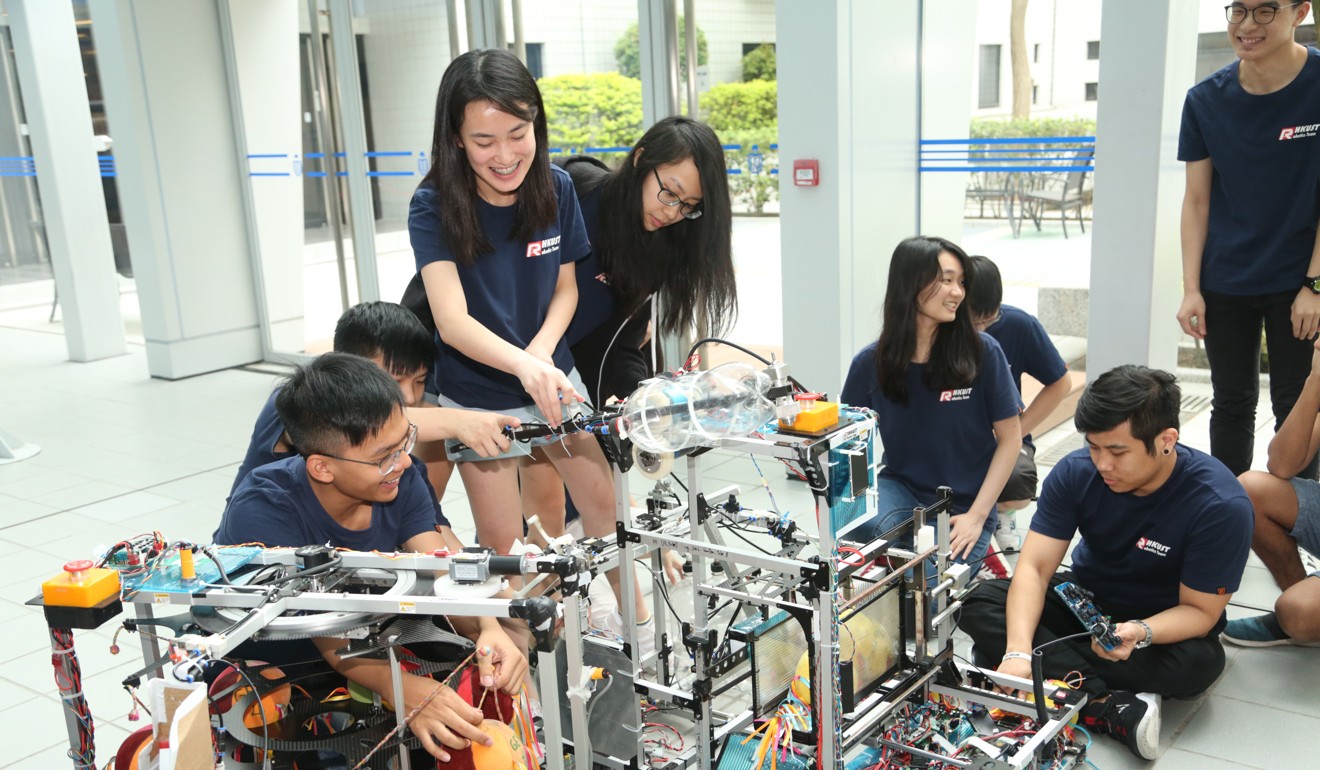
AI must spark a revolution in teaching at universities so students can keep one step ahead of machines
Sun Kwok says to prepare students for the workplace of the future, universities must focus once again on teaching in addition to research and aim to develop intellectual skills that cannot easily be replaced by technology
We live in an era of drastic social change driven by technology. The internet and social media have greatly altered the ways we interact, retrieve and distribute information. When I was a student, if I needed factual information, I had to go to the library to access resources such as books and journals. If I needed to perform mathematical calculations, I worked laboriously by hand on a piece of paper.
Now I can obtain chemical formulas, properties of materials, historical facts, geographical features or symptoms of diseases instantly from my computer or smartphone. Using software and apps, I can solve differential equations or perform matrix operations in minutes, when this would have required hours of work before.
In spite of workplace changes, our mode of education has remained the same for the past 50 years. In lectures, students dutifully copy down facts delivered by teachers and then reproduce them from memory in exams. Students are given homework that involves repeating mathematical exercises so they can calculate similar problems quickly and accurately during exams. These practices are wasteful and ineffective in today’s world. Computers can do these tasks better than we can.
To prepare students for the future, universities should spend instruction time on higher-level skills. My motto is “teach the method, not the facts”. Instead of focusing on facts and techniques, students should learn from historical examples how scientists observed a natural or social phenomenon and saw underlying patterns.
Watch: Meet Aidam, the Chinese robot who can help you ace mathematics
By being exposed to a wide variety of modern mathematics, students learn how to identify variables governing these patterns and propose quantitative models to explain and predict them. These models can then be applied to formulate solutions to practical problems. Such high-level skills will never become obsolete and are universally applicable to problems in science, engineering, medicine, economics or social sciences.
Leaders in modern industries are demanding a new breed of graduate who can think and learn, not just perform assigned tasks
Leaders in modern industries are demanding a new breed of graduate who can think and learn, not just perform assigned tasks. Our goal is to provide our students with a set of skills that would allow them to enter and be successful in a wide variety of professions and careers, not just in the narrow subject of their major.
These were the guiding principles that we introduced in the science foundation courses at the University of Hong Kong in 2012. In the maths section of the science foundation courses, we used practical examples to illustrate the utility of different branches of mathematics.
Moreover, in 2010, HKU developed a number of non-discipline-based common core classes, which are designed to help students develop broader perspectives, perform critical assessments of complex issues and appreciate diverse cultures. In a common core course that I taught for eight years, I used the history of scientific progress to show how humans developed rational and abstract thinking.
These new courses were very different from the discipline-specific courses that students were familiar with – they were aimed at developing intellectual skills that are difficult to replace with machines.

Many universities pay lip service to teaching, but their time, energy, and resources are mostly devoted to research
Unfortunately, the research competition race is often done at the expense of students. Many universities pay lip service to teaching, but their time, energy, and resources are mostly devoted to research. Universities have two roles – knowledge creation and education – and a balance must be struck. These two goals are not incompatible but in fact complement each other. Students should benefit from being in a community of scholars who can use their knowledge derived from research to improve teaching.
Based on the reactions to my article, I can see that the pendulum has started swinging in the other direction in higher education. I am confident that curriculum reform will be widespread in the coming decades. Given the pace of technological changes we are witnessing, education reforms may be inevitable.
Professor Sun Kwok was dean of science at the University of Hong Kong between 2006 and 2016. He is the author of many books, most recently Stardust: the cosmic seeds of life, and Our Place in the Universe

